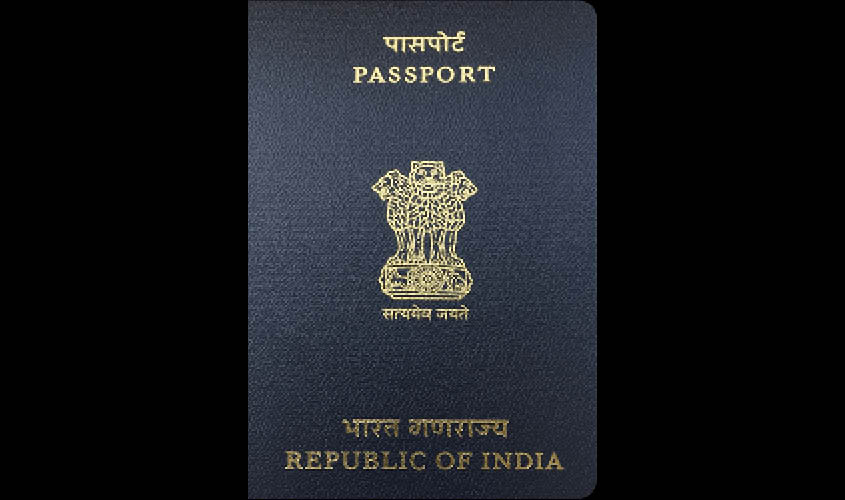India has jumped to the 66th rank on the list from 77th in 2015 and the improvement has been due to liberalisation of the visa policy and several other measures.
New Delhi: India’s passport power has improved by 11 ranks in the last four years due to liberalisation of the visa policy and several other measures. The United Arab Emirates (UAE) has become number one in the ranking, replacing Singapore, while Pakistan ranks third from the bottom.
According to the latest Arton Capital Passport Index (APCI), an online tool which collects and displays the ranks of passports of the world, India has jumped to the 66th rank on the list from 77th in 2015. The ranking to various passports is given on the basis “Visa Free” status accorded to passport holders of a specified country and other parameters.
India is ranked 66th as its passport provides Visa Free (VF) access to 25 countries, Visa on Arrival (VoA) to 39 countries (Visa Free Score 64), while visa requirement is compulsory for 134 countries. Some of the countries which allow Indians without visa are Bhutan, Fiji, Indonesia, Mauritius, Nepal, Palestinian territories and Qatar.
India was ranked 72nd on the index, with a Visa Free score of 54, in 2017, while its rank was 66th last year, according to the index.
Pakistan, interestingly, ranks third from the bottom (passport power rank 90), as its passport provides Visa Free access to only eight countries and Visa on Arrival to 28 countries (Visa Free Score 36). The top five countries from bottom are Afghanistan, Iraq, Pakistan, Syria and Somalia. In fact, Bangladesh’s passport power rank (84) is better than Pakistan. China, on the other hand, ranks just nine levels above India, with 57th rank.
As per the latest power ranking, the United Arab Emirates (UAE) occupies the number one rank globally, with Visa Free access to 114 countries, VoA to 54 countries, while visa requirement is compulsory for 30 countries. Germany is in second rank with visa-free access to 127 and visa on arrival to 39 countries. Countries which are on the third rank include Denmark, Sweden, Italy, Singapore, France, Switzerland, USA, while those on the fourth rank include Japan, United Kingdom and Canada. The ACPI methodology considers passports of 193 United Nations member countries and six territories. In order to determine the individual rank of each passport, a three-tier method is applied, which includes VFS, VoA and UN Development Programme Human Development Index (2015). To determine the individual rank of each passport, a Visa Free Score (VFS) is prepared which is the sum of Visa Free (VF) and Visa on Arrival (VoA) facility accorded to the passport holder of a country.
The UNDPHDI is a summary measure of average achievement in key dimensions of human development: a long and healthy life, being knowledgeable and have a decent standard of living. These measures are an important indication to a country’s perception abroad.
India, this is to be noted, has liberalised the visa policy with the objective of promoting investments and tourism into India from other countries. The e-Visa scheme has been liberalised to allow business visits and medical treatment in India. The number of entries and validity of e-Visas has been increased and the scheme has been expanded to include 163 countries and territories till date. These initiatives are expected to encourage other countries to reciprocate and facilitate travel of Indian passport holders to their countries. As more countries permit Indian passport holders to visit Visa Free or grant them Visa on Arrival facility, the rank of the Indian passport on the Global Passport Index is expected to improve further, according to sources in the Ministry of External Affairs.

